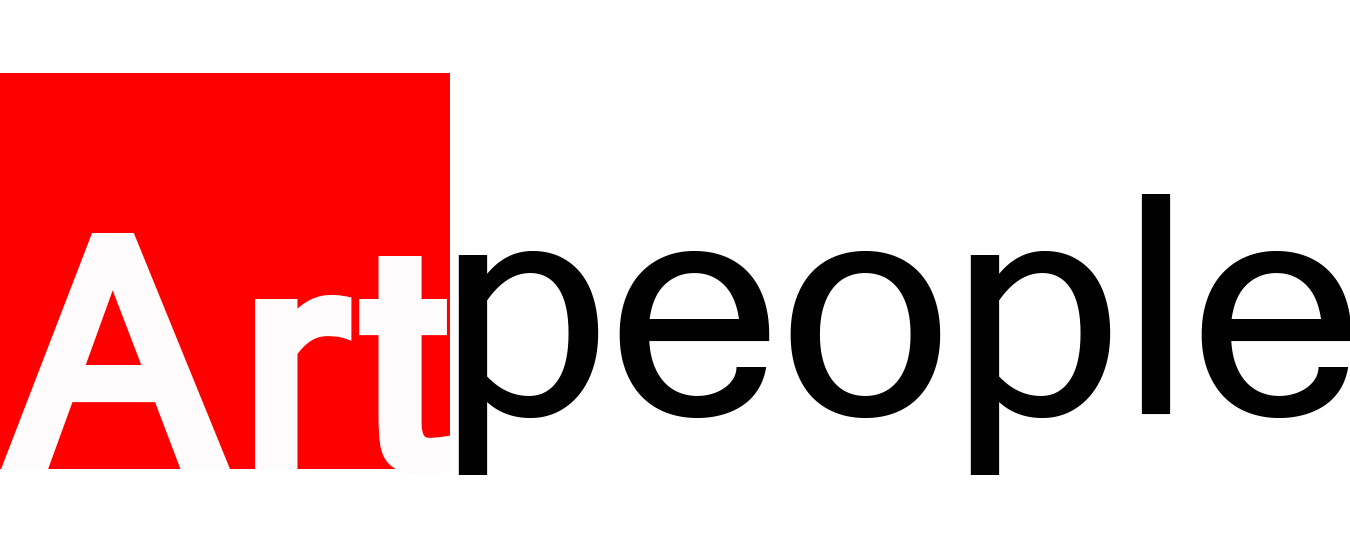Annemarie Busschers raw realistic portraits and self-portraits mirror today’s self-obsession.

Annemarie Busschers (NL) was born in 1970, in southern, catholic ‘s-Hertogenbosch, Hieronymus Bosch hometown; she moved to the northern, protestant city of Groningen in the early 90s where she studied at the Minerva Fine Arts School; she never moved back down South. Her first body of work drinks directly from Bosch heritage; soon enough she found her own theme and language. In 2003 she makes Child I, work which signals the turning point in her oeuvre; in 2005 Chicken Pox is selected for the BP award of the London National Portrait Gallery, for which her work will be selected again in 2006 and 2008. Since then, her body of work consists of self-portraits and portraits she works on based on a photograph.

Her work belongs to the Dutch tradition of reproducing the subject matter with utter detail, as if we could touch with the eye the textures of the surfaces, the fabrics and the skin, etc Busschers work digs deeper into the meaning of contemporary individualism by treating the surfaces as landscapes with a right of their own. They are not psychological portraits, in the manner of Lucian Freud, her work is scientific, almost microscopic; she researches the surfaces of the body, of the imperfect, uneven skins, bound to illness, decay and ultimately death. They are paintings of hybrid beings where the subject is not only painted but also built by different layers of materials such as acrylic paint, pencil, pastel, epoxy, wood, wax, paper and felt. Portraits are therefore not only painted but also constructed by adding these layers onto the canvas.

Busschers raw realistic portraits and self-portraits mirror today’s self-obsession, the self-centeredness of the child, we haven’t outgrown and which is at the core of the contemporary consumerism society. Contemporary Consciousness Studies affirm that subjective feeling is an illusion. Psychologist Susan Brown affirms, that such thing as subjectivity does not exists; there is only experience. Yet, we seem to be in the middle of a hyper individualistic society that pushes us to believe we think, act and choose as individuals. Self-centeredness might not let us be aware of the fact that we are constructed by our environment, that the so-called right to privacy disappears in the name of social control and security. Hybrid objects appear when there is a new item that makes the previous one obsolete, think for example of the complexity of the typewriter when it was being left aside by computers. While reflecting individualism and self-obsession, Busschers hybrid beings might signal the end of the self, which is yet to come.














Via ( Annemarie Busschers’ Website), Instagram
Check our page at: https://artpeople.net/…/photographer-laurent-rosset…/
#inspire,#art,#illustration,#drawing,#draw,#photo,#photos,#pictureperfectfood





You must be logged in to post a comment.